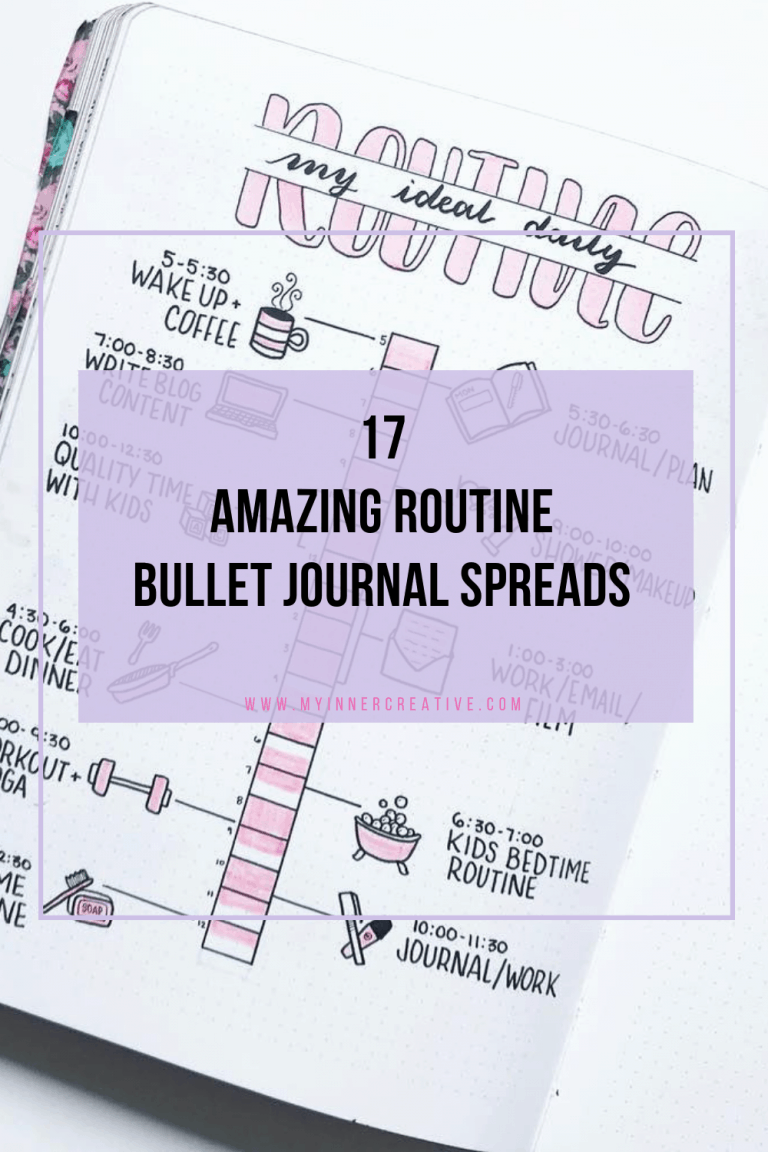The art of not caring: 8 simple ways to live a happy life
The distinction between not caring and being indifferent can be as simple as deciding what truly matters.
Not caring isn’t about shirking responsibilities or dismissing others’ feelings. It’s about knowing what’s worth your energy and what isn’t.
Mastering the art of not caring is about choosing to focus on what makes you happy. And believe me, there are certain habits that can help you do this without becoming apathetic.
Here are some ways to help you navigate the art of not caring, while living a happier life.
1) Understand your priorities
The key to not caring about everything is to first identify what truly matters to you.
Let’s face it, we all have a limited amount of energy and time. It’s impossible, not to mention exhausting, to care about everything that comes our way.
Knowing what is important to you – be it your family, career, hobby, or health – helps in defining where you should be directing your energy.
This clarity can help you let go of the things that don’t align with your priorities.
Not caring isn’t about being cold or indifferent. It’s essentially about choosing where your attention goes.
2) Learn to say no
One of the most powerful lessons I’ve learned in my journey towards not caring excessively is the power of saying ‘no’.
I used to be a ‘yes’ person, always agreeing to every request or invitation that came my way. I thought it was the polite thing to do. But in reality, it left me feeling overwhelmed and stressed.
One day, I decided to experiment. A friend asked if I could help them move on a weekend. Normally, I would have agreed instantly, despite having plans for some much-needed self-care.
This time, I respectfully declined. And guess what? The world didn’t fall apart. My friend understood and managed without me, and I enjoyed a stress-free weekend.
That’s when I realized the importance of setting boundaries. Saying ‘no’ doesn’t make you a bad person. It simply means you’re taking care of your needs, and there’s nothing wrong with that. The more you practice saying ‘no’, the easier it becomes to let go of unnecessary worries and live a happier life.
3) Embrace imperfection
In Japan, there’s a concept known as ‘Wabi-Sabi’. It’s a worldview centered on the acceptance of transience and imperfection. Instead of striving for perfection, it encourages us to appreciate the beauty in what’s naturally imperfect.
In our lives, striving for perfection can often lead to stress and disappointment. We worry about every detail, obsess over minor flaws and end up missing out on the joy of the present moment.
But when we start embracing imperfection, we begin to see the beauty in our flaws and mistakes. It not only alleviates the pressure to be perfect but also allows us to experience life more fully and authentically.
4) Practice mindfulness
One of the fundamental teachings of Buddhism is mindfulness, the act of being fully present and engaged in the current moment.
Mindfulness helps us to stop worrying about the past or future and focus on what’s happening right now. It encourages us to experience life as it unfolds, without getting caught up in our thoughts or emotions.
In fact, in my book, Hidden Secrets of Buddhism: How To Live With Maximum Impact and Minimum Ego, I delve deeper into the power of mindfulness and how it can help individuals live a fulfilling life free from unnecessary worries.
Practicing mindfulness doesn’t require a lot of time or resources. It can be as simple as paying attention to your breath, noticing the sensations in your body, or just observing your surroundings. It’s about being in tune with yourself and the world around you.
5) Stop comparing yourself to others
There was a time when I found myself constantly comparing my life to others. Whether it was their success, appearance, or lifestyle, I always felt I fell short. This habit of comparison fueled my insecurities and led me down the path of unhappiness.
Over time, I realized that everyone is on their own unique journey. We all have different paths, different timelines, and different definitions of success. The only person I needed to compare myself to was the person I was yesterday.
Once I started focusing on my own growth and stopped measuring my worth against others, I found a sense of peace and contentment that I had never experienced before.
It’s important to remember that comparison is the thief of joy. By focusing on your own journey and celebrating your progress, you can let go of unnecessary worries and live a happier life.
6) Allow yourself to feel negative emotions
Now, this might seem a bit counter-intuitive. After all, isn’t the goal to be happy and avoid negative feelings?
But here’s the thing: emotions, even negative ones, are a part of being human. By trying to suppress or ignore them, we are denying a part of our existence.
In fact, allowing yourself to feel sad, angry, or anxious can actually be beneficial. It’s a way of acknowledging your feelings, understanding them, and then allowing them to pass naturally.
When we bottle up our emotions, they tend to resurface later with greater intensity. But when we allow ourselves to feel them fully and acknowledge their presence, they lose their power over us.
7) Practice gratitude
In our fast-paced lives, it’s easy to get caught up in what we don’t have or what’s not going right. But what if we shifted our focus to what we do have and what is going well?
Practicing gratitude can be a powerful way to cultivate positivity and happiness. It’s about appreciating the simple things in life that we often take for granted.
Maybe it’s a kind word from a friend, a beautiful sunset, or just the fact that you woke up this morning. By focusing on these positive aspects, you shift your energy away from worries and towards appreciation.
Try keeping a gratitude journal or simply take a moment each day to reflect on what you’re grateful for. The more you practice gratitude, the less room there is for unnecessary worries and the more space there is for joy.
8) Take care of your mental health
Amidst all the hustle and bustle, it’s crucial not to neglect your mental health. Just like our physical well-being, our mental health needs attention and care too.
If you’re constantly feeling worried or overwhelmed, it might be a good idea to seek professional help. Therapists and counselors are trained to help you navigate your feelings and provide you with tools to manage stress and anxiety.
There’s no shame in asking for help. Taking care of your mental health is one of the most important steps you can take towards living a happy life, free from unnecessary worries.
Final thoughts: It’s a journey
The art of not caring is not about being indifferent or dismissive. It’s about understanding what truly matters, where your energy is best spent, and learning to let go of the rest.
This journey is unique for everyone. It’s about self-discovery, setting boundaries, and embracing the beauty of imperfection and transience.
In my book, Hidden Secrets of Buddhism: How To Live With Maximum Impact and Minimum Ego, I delve deeper into these principles and offer practical ways to apply them in everyday life. It’s a guide to help you navigate this journey towards a happier, more carefree life.
The road might seem challenging at times, but remember that each step brings you closer to a state of peace and contentment. As you embark on this journey, remember to celebrate your progress and be gentle with yourself.
In the end, it’s not about reaching a destination but appreciating the journey. So take a deep breath, let go of the unnecessary worries, and embrace the art of not caring. The key to living a happier life is in your hands.






